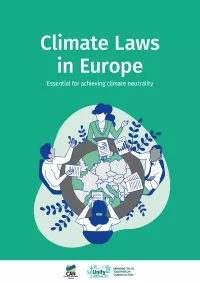
Unterstützer

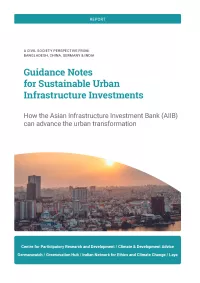
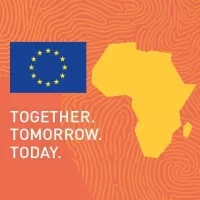
Together with African and European Civil Society Organisations and Local Authorities, we bring you two forums focused on moving the Africa-EU partnership forward through “Participatory and transparent governance: A people-centred approach”. The programme includes joint opening and closing sessions, which will concentrate on the roles of CSOs and LAs in the partnership; as well as two dedicated forums discussing the themes and topics pertinent to each stakeholder group.
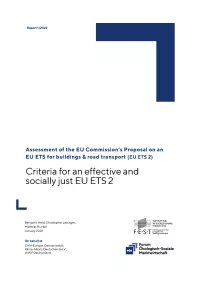
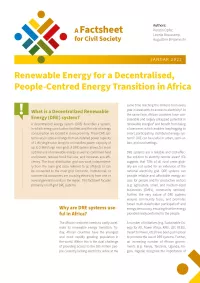
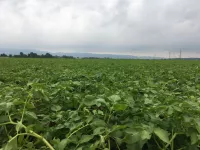

On 14 October 2021, Alejandro Brown, president of Fundación Proyungas from the Gran Chaco, researchers Laura Kehoe (University of Oxford) and Alfredo Romero Muñoz (Humboldt University Berlin) as well as policy advisor Barbara Hermann (Climate Focus) highlighted the impacts of deforestation in the Gran Chaco through international trade and the difficulties of a zero-deforestation approach. They warned that the Gran Chaco is in a very critical state and further deforestation could lead to the total destruction of the ecosystems.


